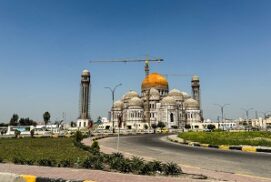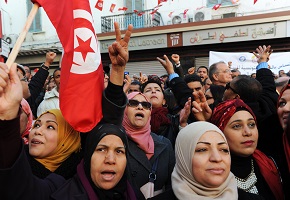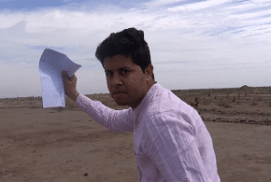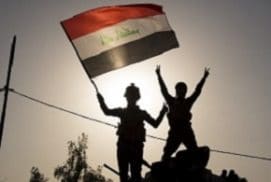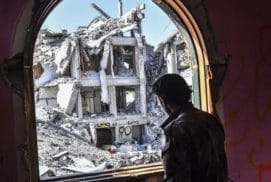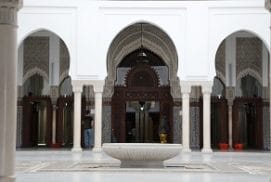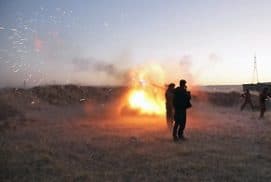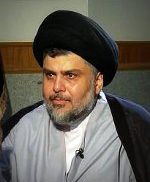Elizabeth Suzanne Kassab 12 November 2025
Undoubtedly, 2011 was a turning point in the history of the Arab region. The 2011 popular uprisings in Tunisia, Egypt, Yemen, Sudan, Libya, Syria, and, to a lesser extent, Morocco, were followed by another wave of such uprisings in Algeria, Iraq, and Lebanon in 2019. The genocidal war raging in Gaza since 2023 has taken the region to a yet deeper abyss in existential, moral, political, and economic terms. How have thinkers of the region been interacting with these upheavals? How have these dramatic events impacted the intellectual scene of the region?




